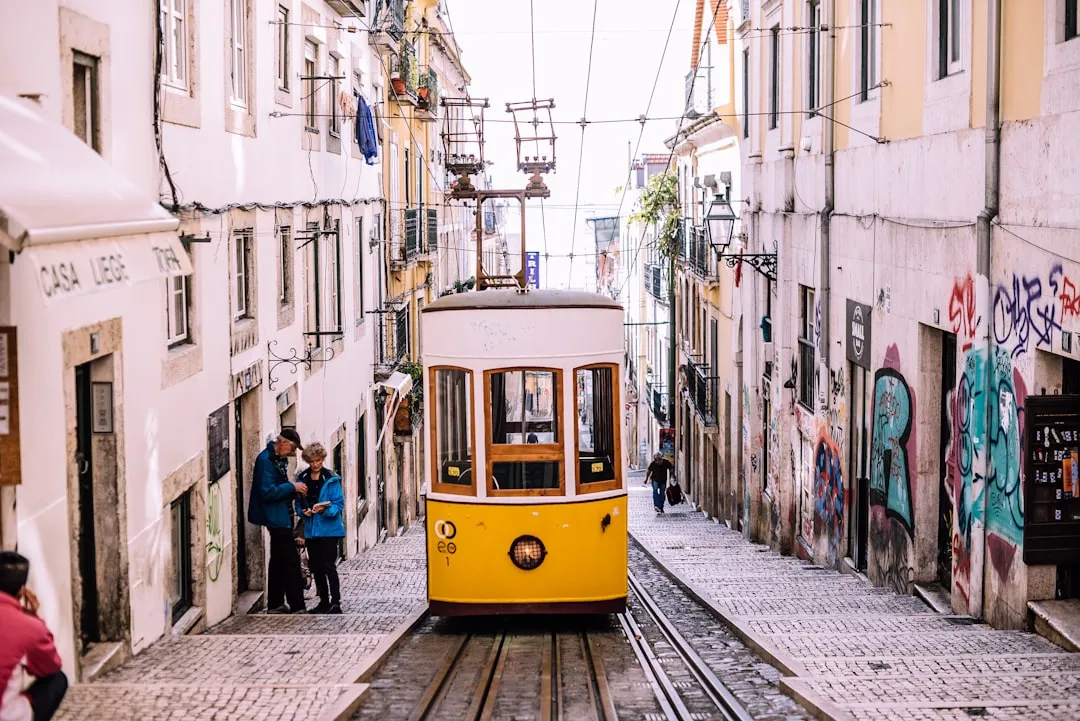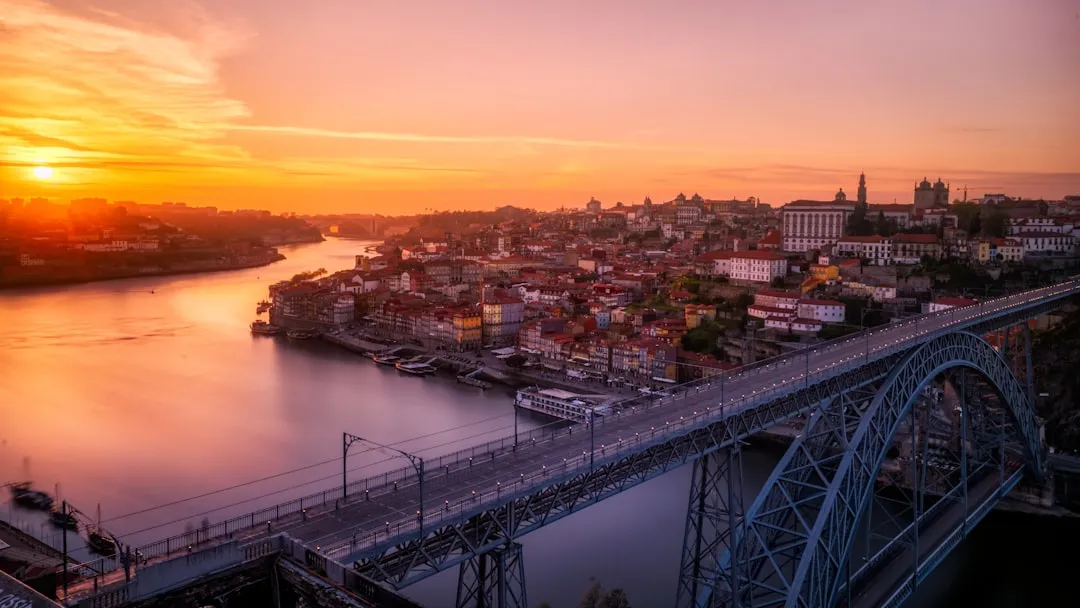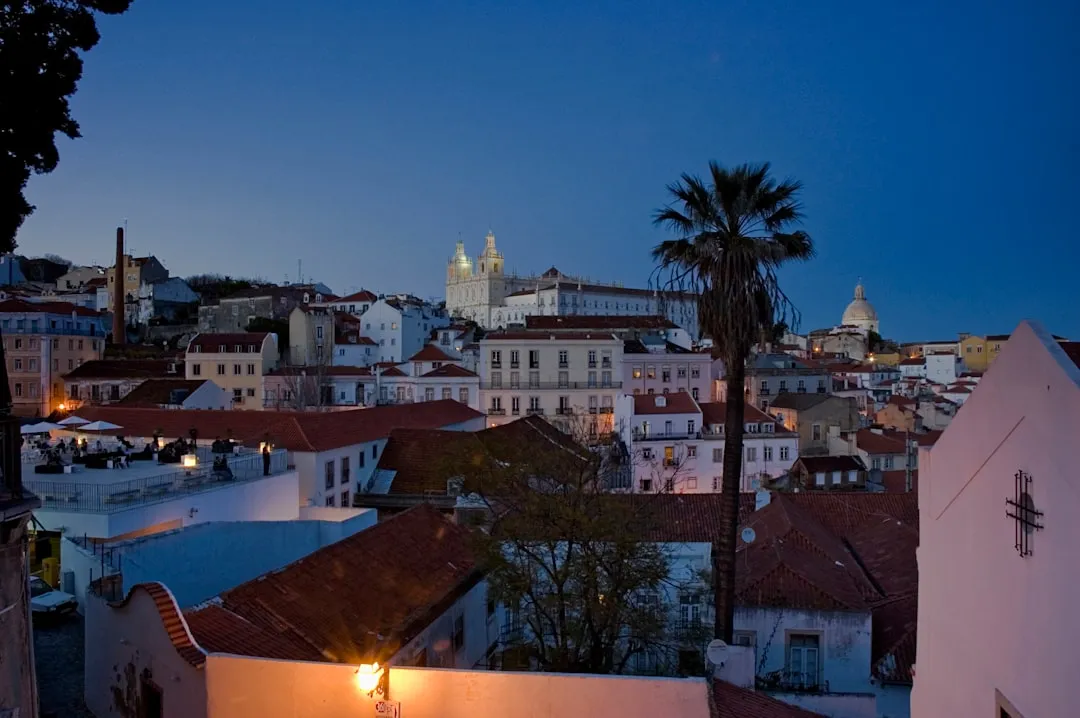The D2 Portugal Entrepreneur Visa is designed for non-EU/EEA nationals who wish to start or expand a business in Portugal. This visa encourages investment and innovation, allowing entrepreneurs to establish a company and contribute to Portugal's economy while enjoying the country’s quality of life and business-friendly environment.
Why Choose the D2 Entrepreneur Visa?
- Start Your Business in Europe: Portugal’s strategic location offers easy access to European markets.
- Flexible Requirements: Unlike other visas, the D2 visa focuses on the viability of your business idea rather than strict financial thresholds.
- Pathway to Residency: The visa can lead to permanent residency and citizenship after five years.
- Supportive Ecosystem: Portugal boasts a growing startup scene with numerous incubators, accelerators, and funding opportunities.
- NHR Tax Benefits: Entrepreneurs may qualify for the Non-Habitual Resident (NHR) scheme, offering significant tax advantages.
Requirements for the D2 Visa
To apply for the D2 visa, you must meet the following criteria:
- Viable Business Plan: A detailed and realistic business plan outlining your objectives, market strategy, and expected economic impact.
- Company Registration: Proof that you have registered your business in Portugal or plan to do so upon arrival.
- Financial Means: Evidence of sufficient funds to sustain yourself and your business during the initial phase.
- Accommodation: Proof of residence in Portugal, such as a rental agreement or property deed.
- NIF (Número de Identificação Fiscal): While not a strict requirement for the initial visa application, obtaining a NIF as soon as possible is highly recommended. You will need it for:
- Opening a Portuguese bank account (which some consulates require for proving financial means).
- Signing rental contracts or purchasing property (proof of accommodation is required for the D2 application).
- Handling tax-related matters once you become a resident.
- Portuguese Bank Account: Some consulates require proof of financial means in a Portuguese bank account as part of the application process.
- Clean Criminal Record: A criminal background check from your home country.
- Health Insurance: Valid health insurance coverage for your stay in Portugal.
Types of D2 Visa
The D2 visa is suitable for a variety of entrepreneurial endeavors:
- Startup Founders: For those establishing innovative businesses in tech, healthcare, or other high-growth industries.
- Small Business Owners: For individuals opening traditional businesses such as restaurants, retail shops, or consultancies.
- Freelancers and Independent Contractors: For professionals providing services remotely or locally.
Application Process
Step 1: Develop a Business Plan
Your business plan is the most crucial element of your application. It should outline:
- Business concept and objectives
- Market analysis and competitive landscape
- Revenue projections
- Job creation potential
- Expected economic benefits for Portugal
Step 2: Register Your Business
You can either register your business before applying for the visa or set it up upon arrival. Business registration can be completed online via Empresa na Hora or through a Portuguese notary.
Step 3: Gather Required Documents
Prepare the following documents:
- Passport (valid for at least six months)
- Business plan
- Proof of company registration (if applicable)
- Financial statements or bank balance proving financial means
- Rental agreement or proof of accommodation in Portugal
- NIF (Número de Identificação Fiscal)
- Proof of a Portuguese bank account (if required by your consulate)
- Health insurance policy
- Criminal background check
- Visa application form
Step 4: Submit Your Application
- Apply through the Portuguese consulate or embassy in your home country.
- Pay the visa application fee (~€90-100).
Step 5: Wait for Approval
- Processing time typically takes 2-3 months.
- You may be asked for additional documentation or an interview.
Step 6: Travel to Portugal and Register with AIMA
- Upon visa approval, travel to Portugal and register with AIMA (Agência para a Imigração e Mobilidade Administrativa).
- Schedule an appointment online or in person (delays are common, so book early).
- Receive your residence permit.
The Main Pain Point: AIMA’s Inefficiencies & How to Overcome Them
AIMA has replaced SEF, but bureaucratic inefficiencies remain a challenge. The main issue applicants face is securing an appointment for residence registration.
Common Issues:
- Long waiting times for appointments
- Frequent rescheduling or cancellations
- Lack of available slots in major cities like Lisbon and Porto
- Not answering phone calls or emails
- Unclear and inconsistent processing timelines
How to Overcome These Issues:
- Book Early: As soon as you arrive in Portugal, try securing an appointment via the online AIMA portal.
- Consider Smaller Cities: Scheduling an appointment in less crowded locations (e.g., Braga, Coimbra) may be faster.
- Seek Legal Assistance: Immigration lawyers or relocation agencies can help expedite the process.
- Be Persistent: Regularly check for cancellations or newly available slots.
- Visit Loja do Cidadão Without an Appointment: Some applicants have reported success by waiting at a Loja do Cidadão office (a citizen service center) until they were attended. In some cases, the application was processed immediately, and the residence card was received within a few weeks.
Financial Implications
Cost to Obtain the Visa:
- Visa Application Fee: €90-100 (varies by consulate)
- Business Registration Costs: €360-500, depending on company type
- Translation/Notarization Costs: Varies based on documents
Tax Implications:
- Income Tax: Progressive rates from 14.5% to 48%
- Corporate Tax: Flat rate of 21%, with reductions for SMEs
Tax Benefits:
- Non-Habitual Resident 2.0 (NHR 2.0) Scheme:
- Flat 20% tax rate on certain high-value professions
- Exemptions on foreign income (dividends, royalties, pensions) for up to 10 years
Pros and Cons of Living in Portugal with the D2 Visa
Pros:
- Business-friendly environment with government incentives
- Access to European markets
- High quality of life and affordable cost of living
- Opportunity to bring family members through reunification
Cons:
- Navigating bureaucracy can be challenging
- Initial setup costs and time investment
- Housing shortages in popular cities like Lisbon and Porto
FAQ: Frequently Asked Questions
How long does it take to process the D2 visa? Processing typically takes 2-3 months, but delays may occur.
Do I need to speak Portuguese to apply? No, but knowing Portuguese will help in business operations and dealing with authorities.
Can I work a job in Portugal while holding a D2 visa? No, the D2 visa is for entrepreneurs only, not salaried employment.
Can I bring my family? Yes, you can apply for family reunification.
The D2 Portugal Entrepreneur Visa offers a unique opportunity to build a business in one of Europe’s most attractive destinations. With careful preparation and a strong business plan, you can take full advantage of the benefits this visa provides while enjoying the vibrant Portuguese lifestyle.




